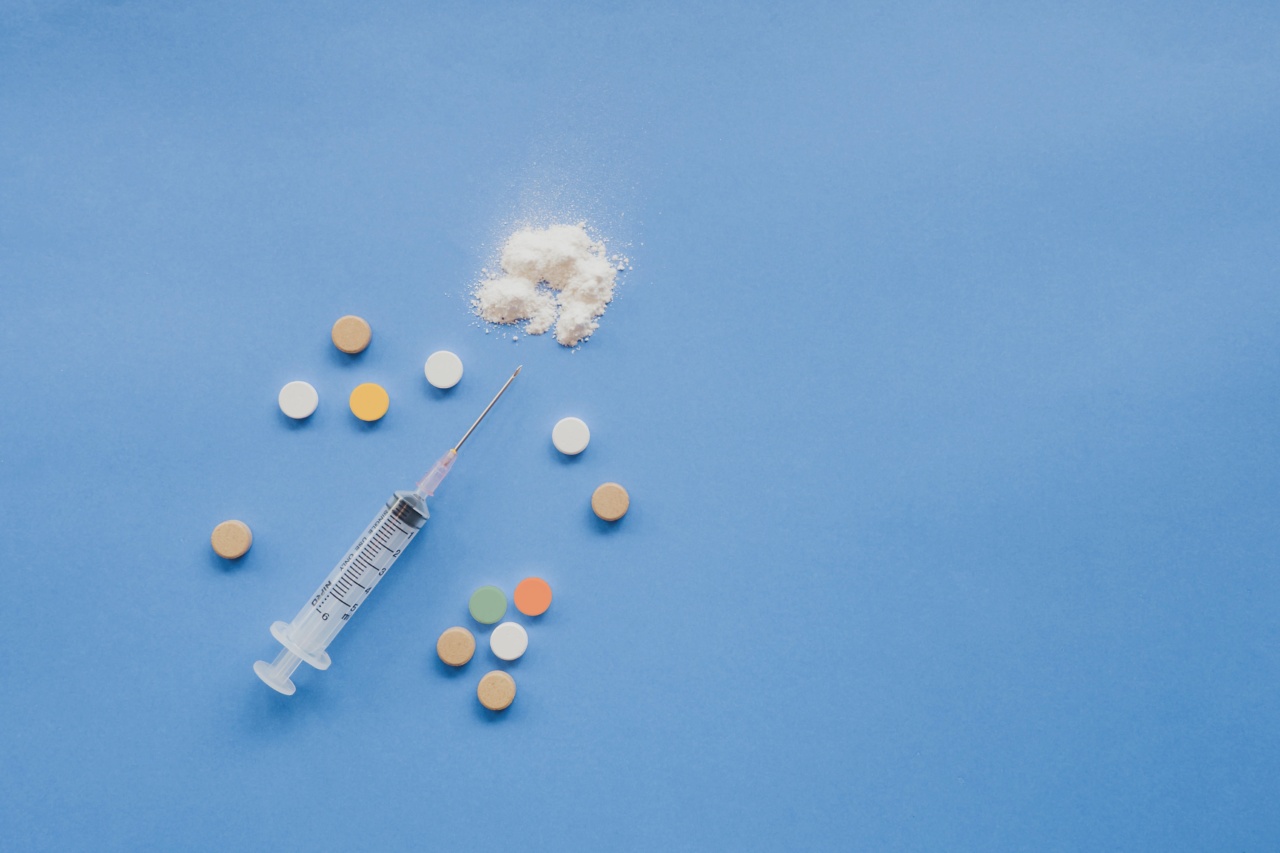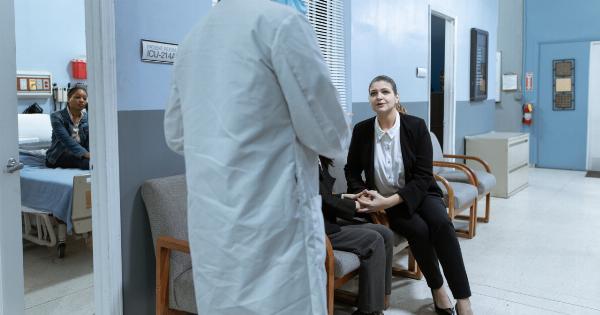Medications play a crucial role in managing various health conditions and helping us lead healthier lives. However, when mishandled or misused, they can have serious consequences.
Prescription and over-the-counter drugs can be dangerous if not taken correctly, leading to drug errors and medication mishaps. To ensure your safety and prevent any potential harm, follow these tips to avoid medication-related accidents.
1. Keep an Updated Medication List
Having an accurate and up-to-date medication list is essential. List down all the prescription medications, over-the-counter drugs, vitamins, and supplements you are currently taking. Include the names, dosages, and frequencies of each medication.
Remember to update this list whenever there are changes in your regimen.
2. Understand Your Medications
Take the time to educate yourself about your medications. Familiarize yourself with the purpose of each drug, how to take it correctly, and any potential side effects or interactions.
Use reliable sources, such as medication labels, informational leaflets, or consult your healthcare provider or pharmacist for clarification.
3. Follow Dosage Instructions Carefully
Always follow the prescribed dosage instructions for all your medications. Stick to the recommended dose, timing, and frequency. Never alter the dosage without consulting your healthcare provider first.
4. Use the Right Measuring Devices
When administering liquid medications, ensure you use the appropriate measuring devices. Avoid using household spoons, as they may not provide accurate measurements.
Use dosing spoons, syringes, or cups that come with the medication or purchase them from a pharmacy to ensure accuracy.
5. Store Medications Properly
Proper storage of medications is vital for maintaining their effectiveness and safety. Keep them in their original containers, away from sunlight, moisture, and extreme temperatures.
Be aware of any specific storage instructions provided with the medication, such as refrigeration needs.
6. Dispose of Expired or Unused Medications
Regularly review your medication inventory and discard any expired or unused medications. The presence of expired or unnecessary drugs increases the risk of accidental ingestion, especially for children or pets.
Follow appropriate disposal methods outlined by your local pharmacy or healthcare provider to ensure safe and environmentally friendly disposal.
7. Communicate with Your Healthcare Provider
Ensure open communication with your healthcare provider. Inform them about all the medications you are taking, including over-the-counter drugs and supplements.
This allows them to consider potential interactions and help you make informed decisions about your healthcare.
8. Ask Questions
Never hesitate to ask questions about your medications. If anything is unclear or if you have concerns, consult your healthcare provider or pharmacist. They are there to provide you with the necessary information and address any doubts you may have.
9. Double-Check Medications
Before taking any medication, double-check that it is the correct one. Read the label and compare it to your medication list to ensure accuracy. Look for any discrepancies, such as changes in color, shape, or packaging.
If anything seems wrong, contact your pharmacist or healthcare provider immediately.
10. Look Out for Allergic Reactions
Paying attention to any potential allergic reactions is crucial. Be aware of common symptoms such as rashes, itching, difficulty breathing, or swelling. If you experience any of these symptoms after taking a medication, seek immediate medical attention.
By following these tips and being vigilant with your medication management, you can significantly reduce the risk of dangerous drug errors and medication mishaps. Remember, your health and well-being depend on proper medication usage.































